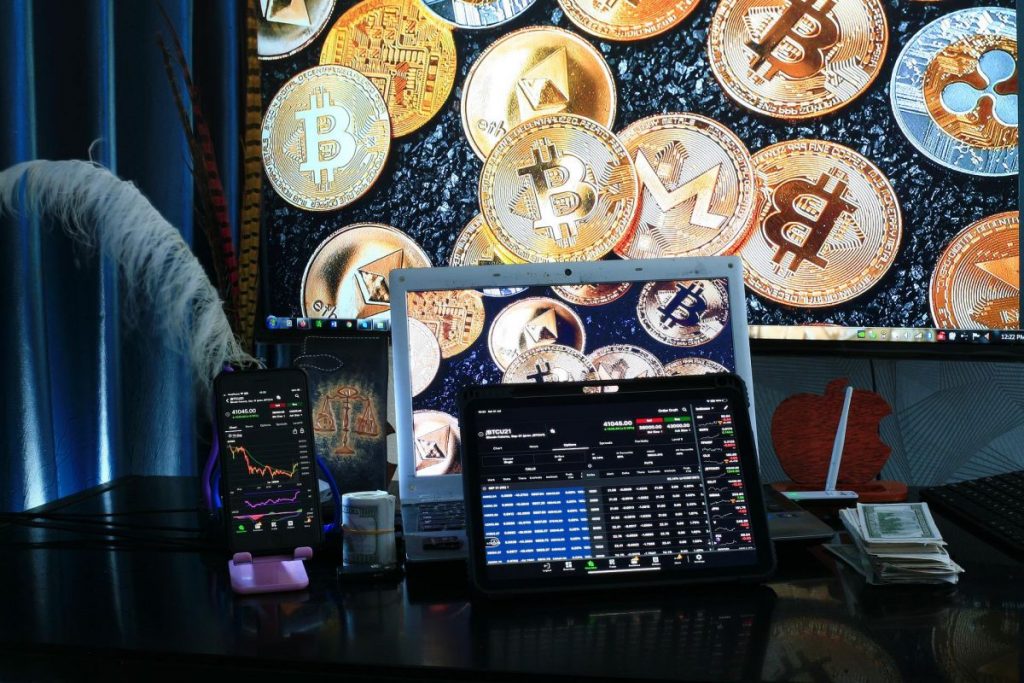In a twist, the leak of a crypto bill on Twitter led Senators to bring forth the official version of the document.

In a surprising development on Monday night, the crypto landscape was shaken when a supposed version of the Lummis-Gillibrand bill surfaced on Twitter. The following morning, the two senators clarified their intentions, focusing on a regulation strategy for cryptocurrencies. confirmed The legislation aims to establish a structured regulatory environment for digital currencies.
Initially, a collection of documents marked with 'EMBARGOED' circulated on social media, followed by user 'bot_slam' sharing images of the same paperwork. Soon after, discussions ignited on Twitter surrounding the contents and potential impact of the bill.
Spanning over 600 pages, the crypto bill delves into the regulatory landscape for cryptocurrencies, decentralized finance (DeFi), decentralized autonomous organizations (DAOs), exchanges, and more. While it provides some clarity in specific areas, uncertainty remains. It highlights potential challenges for short-term traders and businesses, balanced by optimistic prospects for the long-term future of the crypto sector.
Under this legislation, entities involved in DeFi, exchanges, DAOs, and stablecoin operations would be compelled to register as formal organizations, failing which they may face tax penalties. A significant clause in the bill asserts that any form of existing debt, equity, earnings, or dividends would strip the asset of its designation as a 'digital asset commodity.'
Projects and entities operating under a veil of anonymity may find navigating the new transparency requirements challenging. On a brighter note for investors, the revised definitions related to bankruptcy now indicate that invested assets would be returned to consumers rather than liquidated outright.
Here are essential points that will impact everyday users:
- Digital assets will now be classified as securities.
- Non-custodial wallets will continue to be legal.
- Expect more comprehensive regulations targeting DeFi later this year.
- NFTs will be recognized as a distinct class of assets.
- Stablecoins are required to have full backing by the currency they represent.
Gillibrand remarked, 'Digital assets, blockchain technology, and cryptocurrencies have witnessed explosive growth over recent years, presenting substantial advantages when managed effectively. It is essential for the United States to take a leadership role in crafting policy that governs new financial products while fostering innovation and safeguarding consumers.'
Read related posts:
- New York has moved to enact a temporary ban on bitcoin mining activities.
- Rapper Ice Cube has expressed his support for the Dogecoin community following a significant transaction in the cryptocurrency.
- The regulatory agency for virtual assets in Dubai has established its headquarters in the Metaverse.
Disclaimer
In line with the Trust Project guidelines It’s crucial to acknowledge that the content on this page isn't meant to serve as legal, tax, investment, or any other advisory form. Before committing funds, ensure that you only invest what you’re prepared to lose, and seek independent financial counsel if needed. For more details, we recommend checking out the terms and conditions along with the help resources provided by the issuer or advertiser. MetaversePost strives for accurate and impartial reporting, but market conditions are subject to change without prior notice.







